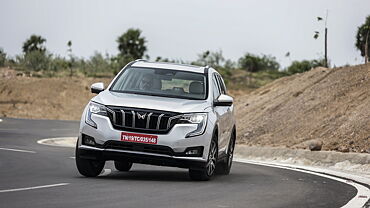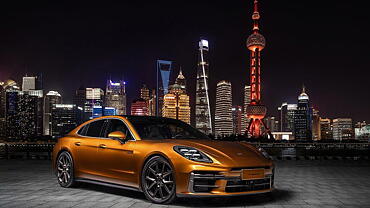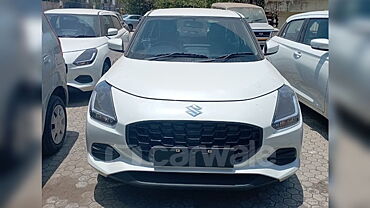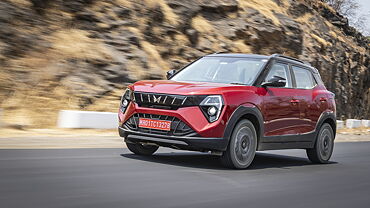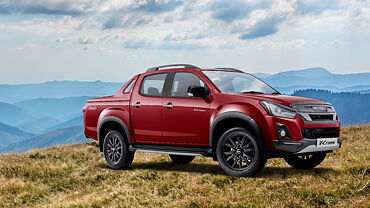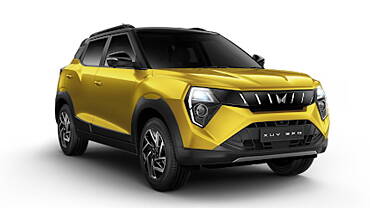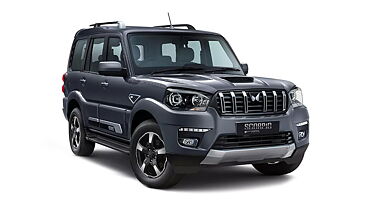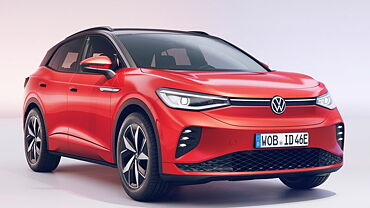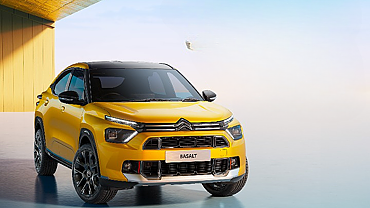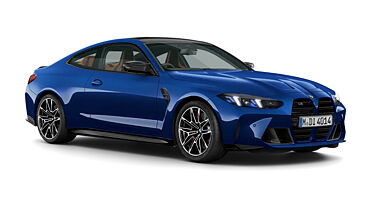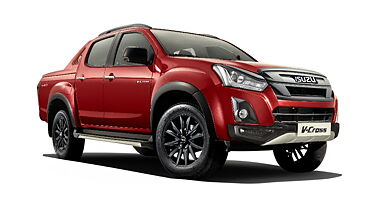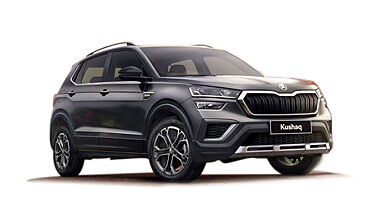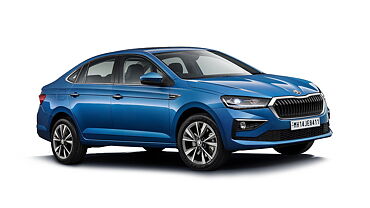According to Society of Indian Automobile Manufacturer (SIAM), Indian automobile market feels the heat as Free Trade Agreement (FTA) with European Union is bound to give European companies an undue advantage and pose a threat to investments. The FTA proposes to reduce the import duties on European cars dramatically to a sixth of the ongoing rate.
To be more particular, the FTA proposes to bring down the import duties on European cars to 10-15 per cent of the cost at originating point as opposed to the existing 60-75 per cent under Tariff Rate Quota (TRQ). The pre-fixed number of cars allowed to be imported from Europe annually will be determined by the quota system.
Senior Director, SIAM, Sugato Sen questions, “If European vehicle makers can import cars cheap, then why will they invest?” He further said, “Japanese, Korean and even American vehicle makers have invested much larger amounts in India, focusing not only on the local market but also using their factories to export cars out of India.”
According to Sen, since the European car makers are facing weak demand in their own country, reducing the duties on those cars will lead to the European car makers dumping their vehicles in India. India released the Automotive Mission Plan (AMP) few years ago. It set goals for the Government and the car makers both till 2016- a target of USD 159 billion in sales volume. In order to accomplish this feat, the market needs investment of at least USD 40 billion. However, the goal already looks unachievable due to the proposed FTA.
Director General, SIAM, Vishnu Mathur said, “Investments in India’s auto sector have already slowed down. From a projected $40 billion between 2006 and 2016, only about $17.5 billion has been invested till date.” Adding further, “A lot of investments have been stalled due to a weaker demand in Europe and the U.S. with auto makers from these trying to save money and cut expenditure. That doesn’t augur well for the industry in India.”
The government incurs a factory-gate tax in the range of 12-27 per cent on domestic cars and 60-75 per cent on the imported vehicles. In addition, on the imported cars, a duty equivalent to the factory tax is imposed making them twice as costly as if they are purchased from a foreign country.
The policy worked as car makers worldwide set out to invest in Indian market, which was touted to be a potentially huge market. However, with the FTA in scene, the case may not be the same, at least not with the European car-makers.
Officials from SIAM also points towards the different treatment meted out to Japan and the Association of South East Asian Nations. The negotiations with these two do not enjoy any special privilege on imported cars. The government is considering a FTA with South Korea too but none of the two nations have demanded any discounted rates on their imported cars.
Japanese and Korean car makers are the largest and second largest in the country respectively in terms of sales volume, and together they comprise half of the market. Whereas, in stark contrast, the European car makers enjoy only 5.5 per cent market share.
So, it comes as no surprise that the tax relaxation for European cars has stirred quite a ruckus with Maruti Suzuki India Ltd., largest car maker of India by sales which is owned by Suzuki, followed by Hyundai Motor India Ltd. of Korea or even U.S. auto giants General Motors and Ford Motor.
